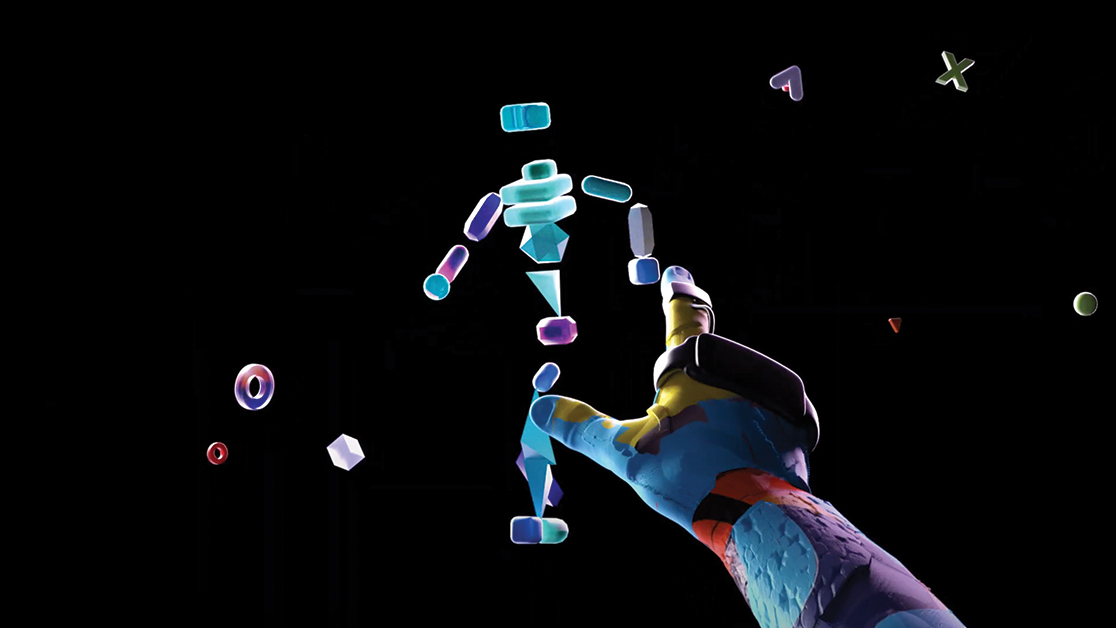Game programming degrees can provide fantastic opportunities in the gaming industry, an exciting and innovative sector that thrives at the intersection of tech and creativity. This is where aspiring professionals can utilise the game development skills gained from game programming careers in software development, gameplay mechanics, programming and more.
While the global gaming market is rapidly evolving (the sector is expected to grow from $281.77bn (£222bn) in 2023 to $665.77bn by 2030), many of those who do study a games programming degree can leave university equipped with a diverse toolkit with myriad transferable skills.
In our new blog, we’ll explore the game development skills a degree can provide – and how they can be taken outside the gaming sector to open up pathways to a wide array of exciting careers. If you want to learn more about the different courses we offer, then contact our team at SAE.
How a Degree Can Help You
If you are looking to work in the video games sector, then studying a games programming degree at an institute like SAE is a must.
Doing so can provide multiple benefits – the specialist game development skills, knowledge, networks, strategic connections and aptitude for coming up with creative ideas will all stand you in good stead. Studying a games programming degree also means you can learn from our expert tutors who can share insights based on their first-hand industry experiences. There’s no better way to get to grips with a rapidly evolving sector.
Plus, while learning these skills and techniques can prepare you for a job in gaming, there are many other attributes that students acquire that can help them make the most of opportunities in other industries too.

What Gaming Industry Skills are Transferable
Whether it be in tech, the creative industries, marketing or management, many of the attributes you acquire when studying game development degrees are applicable in other sectors and will easily impress recruiting managers if you present them appropriately. Be it through working in video game design, online gaming, or within the indie games sector as a game developer, there are core skills that will be invaluable in any role you decide to take on.
Here are some of the top game development skills a game development degree will give you:
Technical expertise: You will learn to use various programming languages and software packages. Many, such as coding can be utilised elsewhere, perhaps as a software engineer or in mobile app development.
Staying on top of the latest tech trends: A knowledge of the latest tech innovations and how they work can be invaluable for different organisations working in a range of sectors.
Teamwork and communication: As part of a gaming team, you will often collaborate with developers, programmers, and visual artists to form great working relationships. Communicating effectively as part of a team is a benefit to a business in any industry.
Organisational skills: If you work on a game development project, you will likely need to meet multiple deadlines to complete a piece of work. If you can manage this effectively, then this demonstrates your ability to stay organised and handle a workload.
Goal-orientated: This is part of your organisational abilities but if you can complete tasks such as big gaming projects on time, then this shows you are deadline driven.
Problem solving: Have you faced any challenges or obstacles when working or studying in gaming? If so, and you can show how you overcame then, this is a great way of demonstrating your ability to solve problems.
Presentation skills: The language of game development can be complicated, particularly to those unfamiliar with the sector. If you’ve had to communicate your ideas in ways that are easy to understand, then you’ve likely acquired effective presentation skills.

How to Transfer your Skills to a New Sector
If you have studied a game development degree, and you want to transfer your skills for a specific job in another industry, then there are various approaches you can take to make this transition as smooth as possible.
Do your research
Take some time to do some thinking and research the industry you want to work within. Work out your route into it, whether this be through work experience, securing a temporary job with a business investing in the sector or upskilling.
Network
Building connections in any industry can be crucial, particularly one which is new to you. Networking, either in person or through online platforms such as LinkedIn, can help you understand the industry’s needs and increase your chances of finding a suitable position.
Industry knowledge
What industry are you looking to enter? Make sure you acquire some knowledge of the sector you’re considering applying for roles within, in terms of the challenges and opportunities it faces and the kind of jobs available.
Online portfolio
No matter what role you’re looking to do, having an updated online portfolio complete with CV and details of your experience and relevant past jobs is essential. This should act as your shop window on your skills when looking to secure new opportunities.

Other jobs game designers can do/sectors they can explore
If you have studied a game development degree, but want to pursue something other than a games programming career, then here are some suitable opportunities for you.
Computer scientist
Computer scientists work on designing and developing various types of hardware and technology to solve problems across a range of applications. Some core skills include data analysis and programming alongside creating new models for how users engage with tech.
Cybersecurity analyst
If your organisation faces an IT security threat, then it is down to a cybersecurity analyst to protect its computer systems. Their experience needs to extend to knowledge of the tools to counter any threats alongside best practice when dealing with any issues such as data breaches.
Data scientist
Data scientists have analytical and statistical skills and are confident in dealing with large amounts of information. They will come up with different solutions and processes for maintaining these data sets and the best ways to use them to benefit an organisation or business.
Graphic designer and animator
Many game designers develop skills in a variety of areas including 3D art, modelling, texturing, rigging, animation, and other areas of 3D art creation, use, and conversion. These are often skills that game developers will hone as part of their studies.
Software tester
The main role of a software tester is to identify, assess, and report bugs or defects in software. This involves designing and executing test cases, analysing results, and collaborating with other developers to resolve any issues.
Study Game Design and Development at SAE
From Game Programming to Game Development and Design, we offer a variety of game development degrees for aspiring industry professionals and creatives.
Find out more about our Games degrees and contact our team for more information.


































